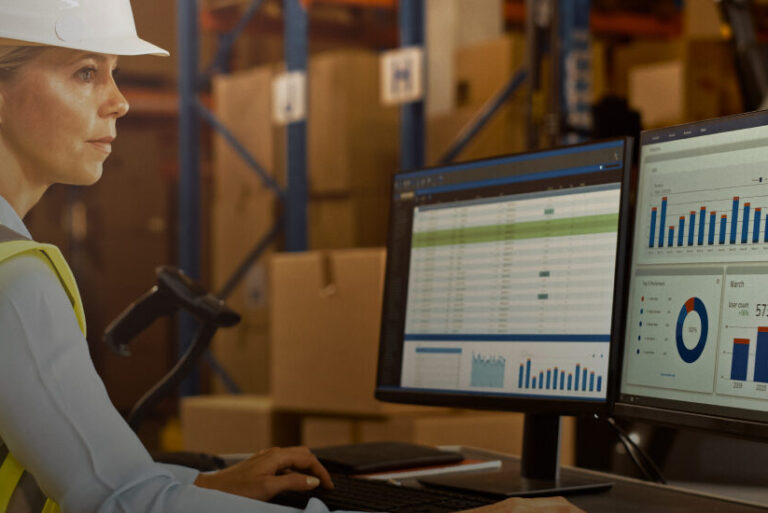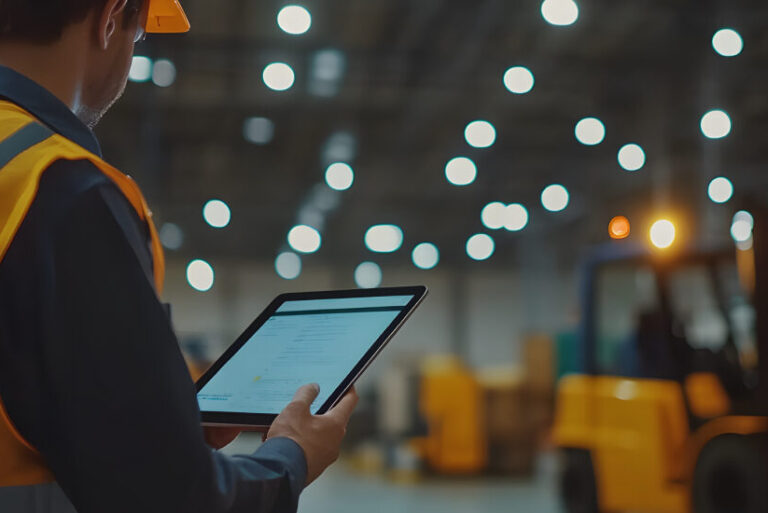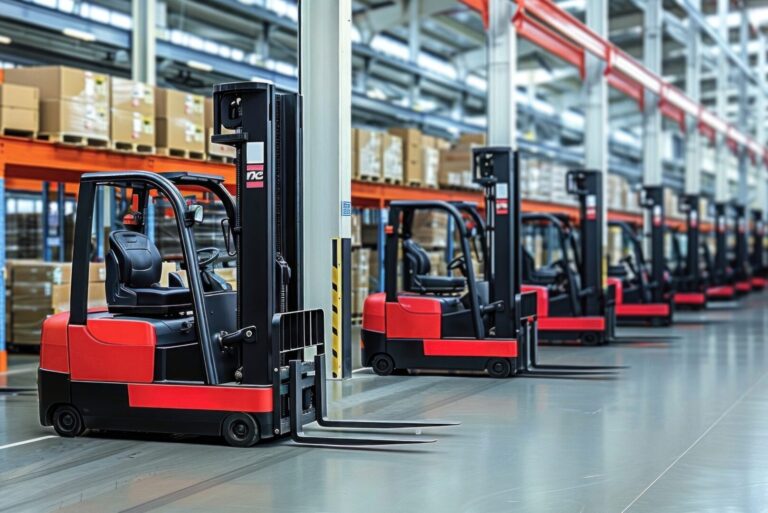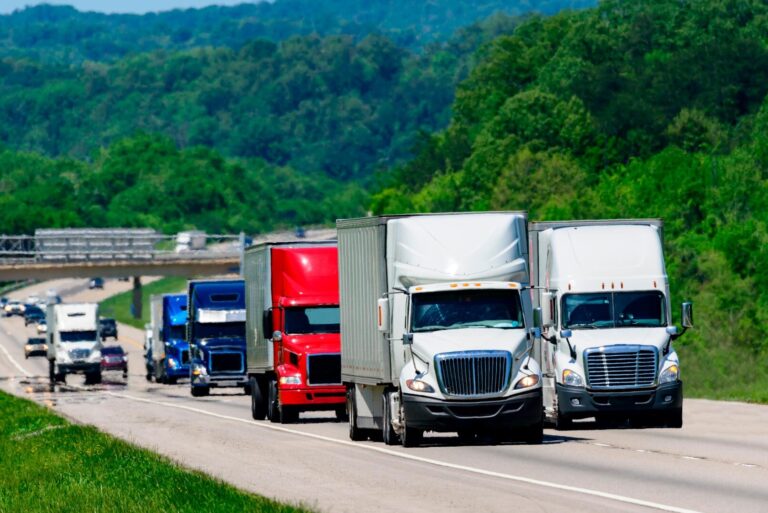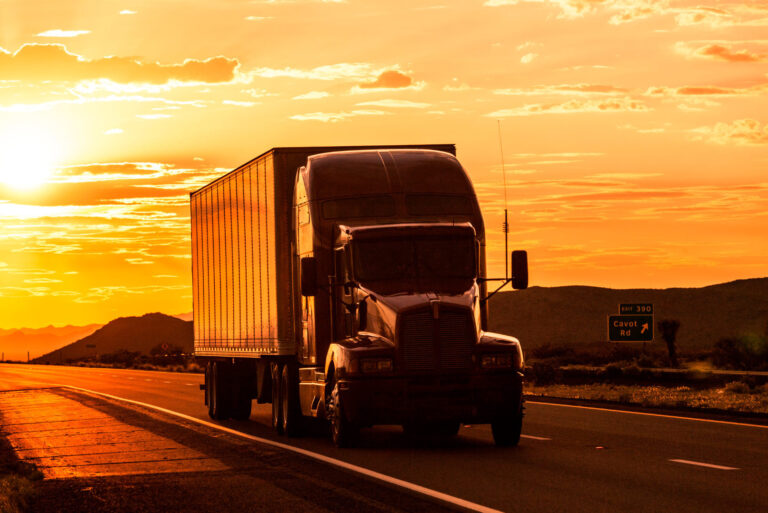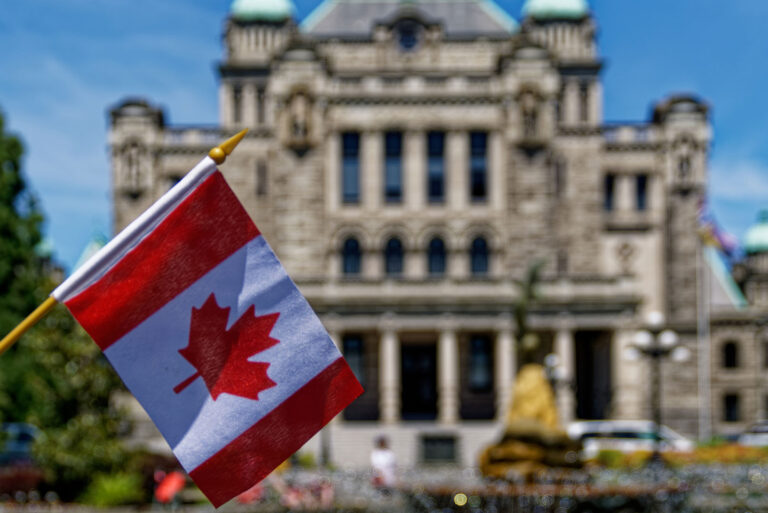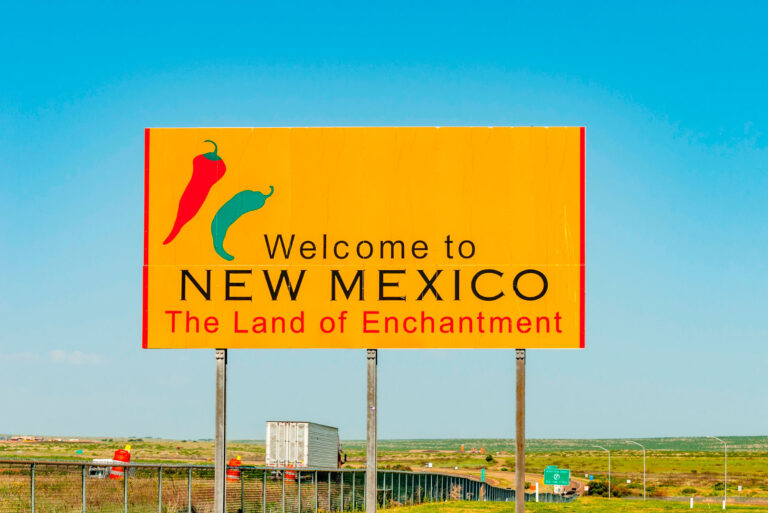A Complete Guide to British Columbia's LCFS: Making the BC Low Carbon Fuel Standard Work for You
May 31, 2023
British Columbia’s Low Carbon Fuel Standard (LCFS) works to significantly reduce the carbon intensity of British Columbia’s fuel pool by creating economic incentives for low-carbon fuel suppliers and imposing regulations on fuel suppliers. These incentives seek to expedite the adoption of alternative fuels across BC’s transportation sector
This article explains how British Columbia’s Low Carbon Fuel Standard works, how it differs from the federal Clean Fuel Regulations, and how owners of on-road EV charging stations can take advantage of the economic incentives of the program.
How British Columbia’s Low Carbon Fuel Standard Works
British Columbia enacted the Low Carbon Fuel Standard (BC-LCFS) in 2013 with the goal of reducing greenhouse gas emissions from the province’s transportation sector. The program is modelled after California’s Low Carbon Fuel Standards, which was implemented in 2011 for the same reasons. Made up of the Greenhouse Gas Reduction Act and the Renewable & Low Carbon Fuel Requirements Regulation, the BC-LCFS mandates that fuel producers incorporate a minimum of 5% annual average renewable content in gasoline and 4% annual average renewable content in diesel. Under the BC-LCFS, market-based incentives promote the adoption of low-carbon fuels in commercial industries. This in turn helps fleets keep up with the changing makeup of the transportation industry as it shifts towards renewable fuels like electricity.
The BC-LCFS assigns carbon intensity (CI) ratings to transportation fuels like diesel, gasoline, and electricity based on how “clean” the fuel is. Fuel producers generate credits for supplying fuels with a CI less than the annual compliance target, while fuels with a CI greater than the compliance target generate deficits. Fuel producers of high CI fuels can offset their deficit by purchasing credits from low CI fuel suppliers, such as EV charging station owners. The annual compliance targets decrease every year, encouraging the adoption of more alternate and low-carbon fuels across the transportation sector, with the goal of reducing emissions to 30% by 2030.
Fuel suppliers like owners of on-road EV charging stations can participate in these incentives by generating and selling credits.
How the BC-LCFS Differs from Canada’s Clean Fuel Regulations

The federal CFR program imposes slightly looser CI targets for gas and diesel than the BC-LCFS, with a goal of reaching a 15% reduction in average CI by 2030, as opposed to the BC-LCFS’s goal of reaching a 30% reduction by 2030. The programs also differ in the types of charging stations and vehicles that are eligible for credit generation.
The British Columbia Clean Fuel Standard allows EV charging station owners to generate credits for their charging stations that support on-road vehicles, including:
- Buses
- Trucks
- Light-weight vehicles (vehicles weighing 10,000lbs or less)
Canada’s federal Clean Fuel Regulations extend eligibility to charging stations that support forklifts and other off-road vehicles as well as the above-mentioned on-road vehicle charging stations.
Both programs incentivise the adoption and wide-scale implementation of alternative fuel charging and fueling stations across Canada, particularly in rural areas that have previously lacked such infrastructure. These improvements are expected to incentivise businesses to transition their fleets to electric and alternative fuels by improving accessibility across BC and Canada.
Read more about Canada’s Clean Fuel Regulations: Maximizing the Benefits of Canada's Clean Fuel Regulations for Your Electric Vehicle Charging Stations
How Electric Vehicle Fleet Owners Can Use Both Programs
Owners of on-road EV charging stations in British Columbia can take advantage of both the BC-LCFS and the CFR. Fleet owners with forklifts and other off-road vehicle charging stations that aren’t eligible for the BC-LCFS can enroll these stations in the CFR. Additionally, EV charging stations that are eligible for both programs, including bus, truck, and light-weight vehicle charging stations, can be enrolled in both. This allows charging station owners to maximize their earnings.
To minimize the hassle of balancing two programs, owners of EV charging stations can enroll through the BC-LCFS and the CFR through Smart Charging Technologies. SCT ensures that you earn the highest price for your credits, and makes the credit generation process easy by handling the application, reporting, and credit selling processes for you, so you don’t have to worry about juggling both programs simultaneously. You can simply focus on your business while we do all the compliance for you, helping you maximize your rebates.
Learn more about enrolling through Smart Charging Technologies: Canada’s Clean Fuel Regulations
Related Posts

